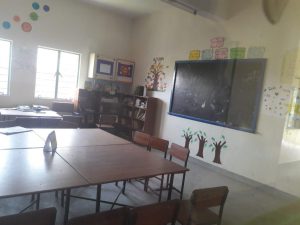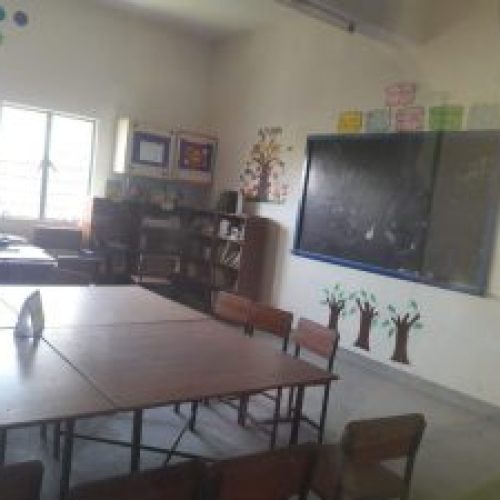DIL (Development in Literacy) is a non-profit organization that manages 124 schools across Pakistan with a mandate to provide quality education for students from grade 1 through 10. DIL is committed to provide a female-friendly environment by encouraging them to be active leaders in classroom assignments, co-curricular activities and IT-based projects. As a result, the female student enrolment rate is 67%. They have hired teachers from the local community in order to provide livelihood to the females. Almost 90% staff of the DIL school are females.

The DIL model is heavily focused on community support and participation. DIL schools are trying to establish learning centers for students, families, and communities by instilling a sense of ownership among them. Knowledge platform has recently signed contract with two of the DIL schools, Qureshiabad Campus and Ranjali Campus.
Earlier we had provided training to the IT and training staff. In order to provide the required training to the teachers, KP team visited Ranjali where staff from both campuses joined them.It was an amazing and interactive session. After going on to the broken and uneven roads for almost an hour the KP team reached Ranjali. It was a small but a beautiful village. There it was the DIL- Ranjali’s building standing tall amidst the misty village where one could clearly hear the chirping of the birds and taste fresh air.
DIL- Ranjali started in a home, in which 25 kids were taught. Later on, in December 2011, a standardised building with fully functional labs and a library was constructed. It now has more than 250 students and teaching staff of 15. While talking to one of the DIL team members, we came to know that it all was possible due to community support and commitment. The building and other facilities such as the solar powered computer lab and a library were funded by various people from within the community. It was beautiful to witness how we Pakistanis as a nation, have joined hands to pay our part in uplifting the education state of Pakistan. Education should never be a privilege that is denied to the masses, but should be provided to all irrespective of what gender, race, religion, and status one may belong to.
